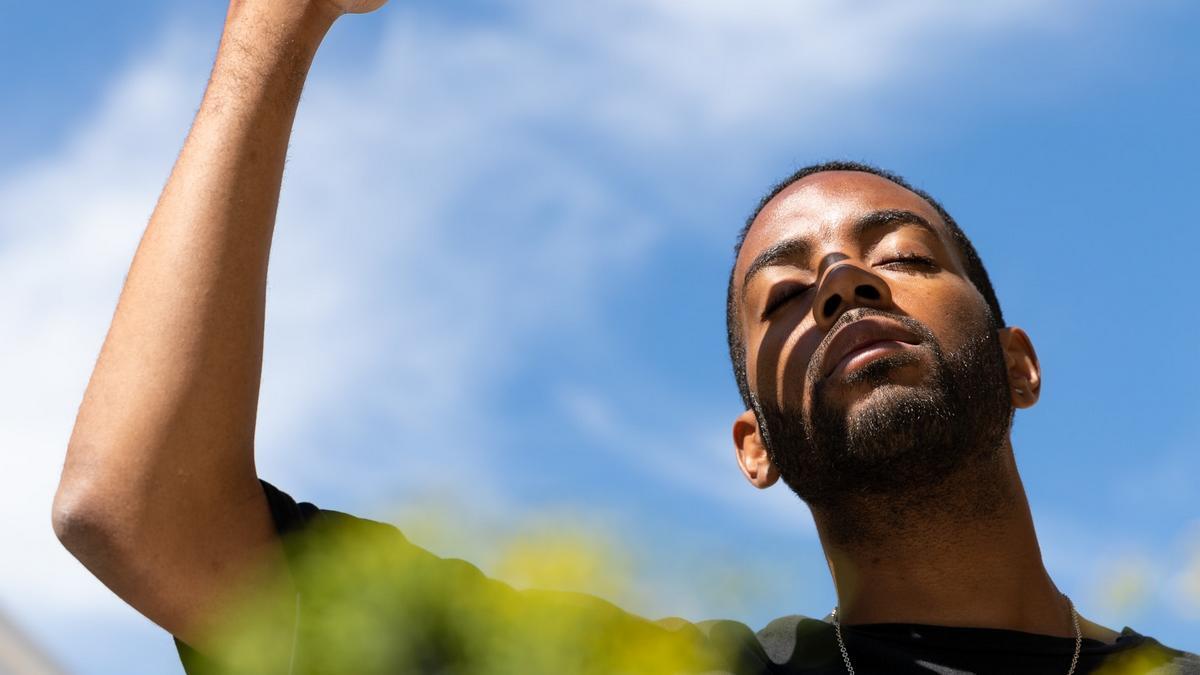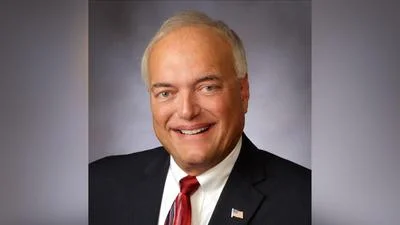It's crucial to stay hydrated during the heat, Dr. Gary Grosel, chief medical officer of United Healthcare of Ohio, told the Mount Vernon News.
"Be aware of dehydration," he said. "Hydration is even more important for children because they have higher water requirements than we do as adults. Their total skin surface area is less than adults, obviously, and their sweat glands aren't as developed. It's much harder for kids to cool themselves than for adults."
One of the best liquids for hydration is skim milk, Grosel said.
"Milk is probably the best hydration fluid, mainly because in milk you are getting some of the proteins, fats and even some of the sugars which help decrease emptying in your stomach, so you remain more hydrated," he said. "It also helps with electrolytes."
Soda may be one of the worst drinks for hydration, Grosel said.
"The caffeine makes it more of a diuretic, so you tend to urinate more so you become more dehydrated," he said.
Symptoms of dehydration include a dry mouth; dry, cool skin when you are in the sun; and fainting. For infants, crying with no tears is a warning sign.
"When someone becomes dehydrated, they start to become dizzy, drowsy; their motor movements aren't coordinated," said Grosel.
Severe dehydration can lead to hypothermia.
"You hear about kids and animals dying after being left in cars," Grosel said. "What happens is first they become dehydrated and secondly, the hypothermia kicks in."
One helpful practice to ensure hydration is the "four-gulp rule,” he said. You take a gulp of fluid every 15 minutes.
Also, try giving your children pretzels when they are in the heat.
"It helps with the electrolytes," the physician said. "When your electrolytes are more in balance – the potassium, the sodium – it helps to hydrate the body and will improve your chances of staying hydrated."
The hotter it gets, the more likely you or your kids are to become dehydrated, Grosel said.
"You tend to start sweating more," he said. "The whole issue with dehydration is that you are putting out more fluid than you are taking in. If you are not taking in those fluids, you can get into trouble."







